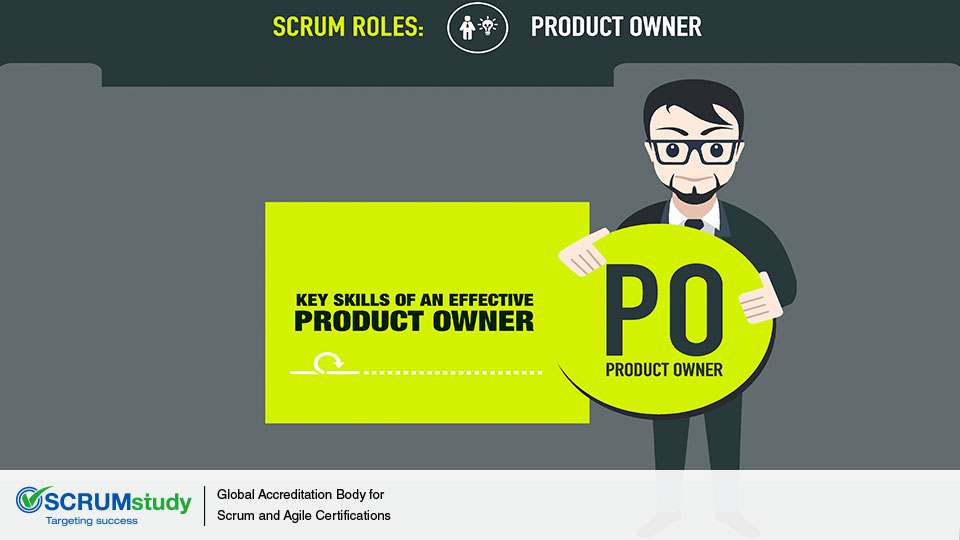Before we read about how to be an effective product owner, let us first understand who a product owner is and what he/she does. A product owner is not a separate title but is a role that can be performed by a business analyst or even a representative of an end user.
A product owner is a stakeholder who acts as an interface between the business representatives and the project team. A product owner understands the business requirements and communicates it to the team for development on behalf of the customer. A product owner is responsible for creating a priority list of backlogs, attending daily sprint meetings, and steering the development process successfully to meet the customer’s requirements. The product owner communicates the progress of the team and continuously refines product requirements. It is also important that a product owner have a good business sense which is important while prioritizing user stories based on cost and functionality.
A product owner must be actively involved
The test of an effective product leader is how well he/she balances the expectations of business representatives and capability of the team to deliver. There are several ways a product can be more effective. A common mistake product owners make is not committing enough time to be involved with the team. Product owners should be as hands-on as possible and schedule sufficient time to holding estimation workshops, planning sprints, and providing feedback for the team.
An empowered product owner nurtures an empowered team
Customers most often expect more value to be delivered than the team’s throughput or might suggest several changes that can slowdown the speed of the development team. A product owner supports his team by managing customer’s expectations so that workflow is not affected due to unreasonable expectations. A product owner allows the team to estimate the time required to complete the backlog identified for a particular sprint. At the same time, a product owner motivates the team to deliver the backlog of a sprint on time.
An effective product owner must have good technical knowledge
It is also important that product owners have some technical knowledge, though he/she does not necessarily have to be a developer themselves. Since they will be interacting with the team on a regular basis, having a technical background can serve well while resolving issues. Technical knowledge can also help a product owner bridge the gap between the technical and business aspects of a project while liaising with developers and business representatives.
A product owner is similar to the role played by a Chief Engineer in Toyota. The Chief Engineer collects requirements and executes them during production, even taking some decisions on their own.










